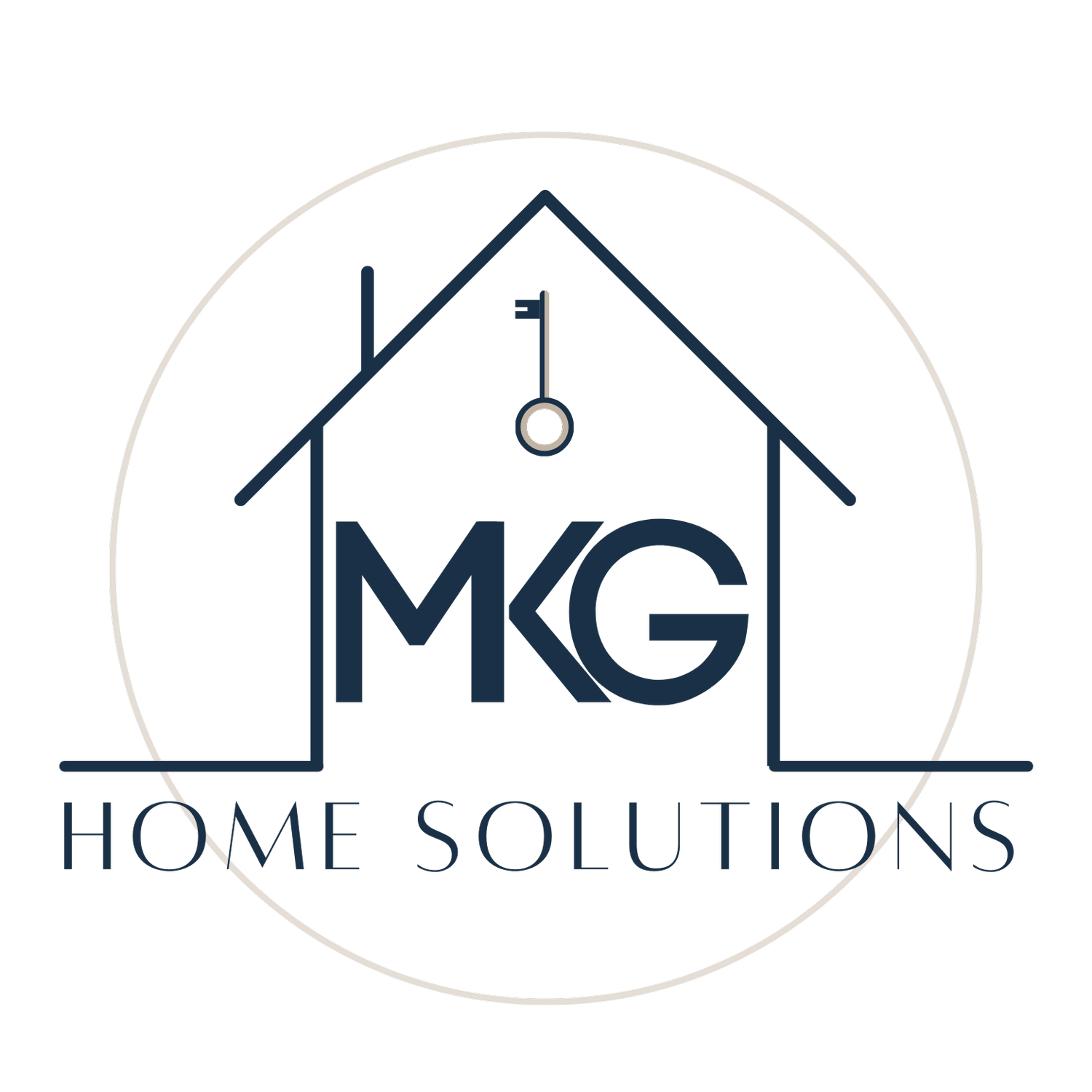The 3 Most Common Findings in a Home Inspection: Insights from a New England Realtor
Home inspections can be a source of anxiety for many homebuyers. 😬 The thought of uncovering issues in what could be your dream home is understandably nerve-wracking. However, as a seasoned New England Realtor, I've found that understanding common inspection findings can help put your mind at ease and equip you with the knowledge to make informed decisions.
Let's face it: no house is perfect. Just as we all have our quirks, homes have theirs too. Here are the three most common issues found during home inspections, which you might encounter in your New England home search.
1. **Water Damage and Mold**
Due to the varying climate in New England, water damage and mold are frequent findings. Inspectors often discover signs of past water intrusion in basements, attics, and around windows. Mold can be a result of this damage, leading to potential health risks. Addressing the root cause of water intrusion is crucial. Proper drainage, a well-maintained roof, and good ventilation can prevent future issues. Knowing these potential problems upfront allows you to plan for repairs and mitigate further damage.
2. **Age of Capital Items**
The age of significant components of the house, such as the roof, heating system, and other major appliances, is a common focus during inspections. These items have a finite lifespan and can be costly to replace. For instance, an older roof might soon need replacement, and an aging heating system could be less efficient and more prone to breaking down. Understanding the condition and expected lifespan of these capital items helps you anticipate future expenses and negotiate repairs or replacements with the seller.
3. **Electrical System Concerns**
Older homes, especially in historic regions like New England, often come with outdated electrical systems. Common findings include old wiring (such as knob-and-tube wiring), insufficient electrical panels, or DIY electrical work that doesn't meet current standards. While these issues can pose safety risks, they are usually fixable. An updated electrical system not only ensures safety but can also increase the home's efficiency and value.
Understanding and Deciding
It's essential to remember that encountering these issues doesn't mean the house isn't worth buying. It means you need to consider the extent of the problems and the cost of repairs. The key is to understand what you're dealing with and decide which issues you're willing to manage. A house might not be perfect, but it could still be perfect for you.
Final Thoughts
Home inspections should be seen as a helpful tool rather than a source of fear. They provide a clearer picture of what you’re investing in and help you plan for future maintenance or repairs. Keep in mind that every house will have its quirks, but that doesn't mean it can't be the right home for you. 🏡❤️
Save this post for later and share it with a friend who might be in the market for a new home! ✨
Understanding the common findings in home inspections can demystify the process and help you approach your home purchase with confidence. Happy house hunting! 🏡

